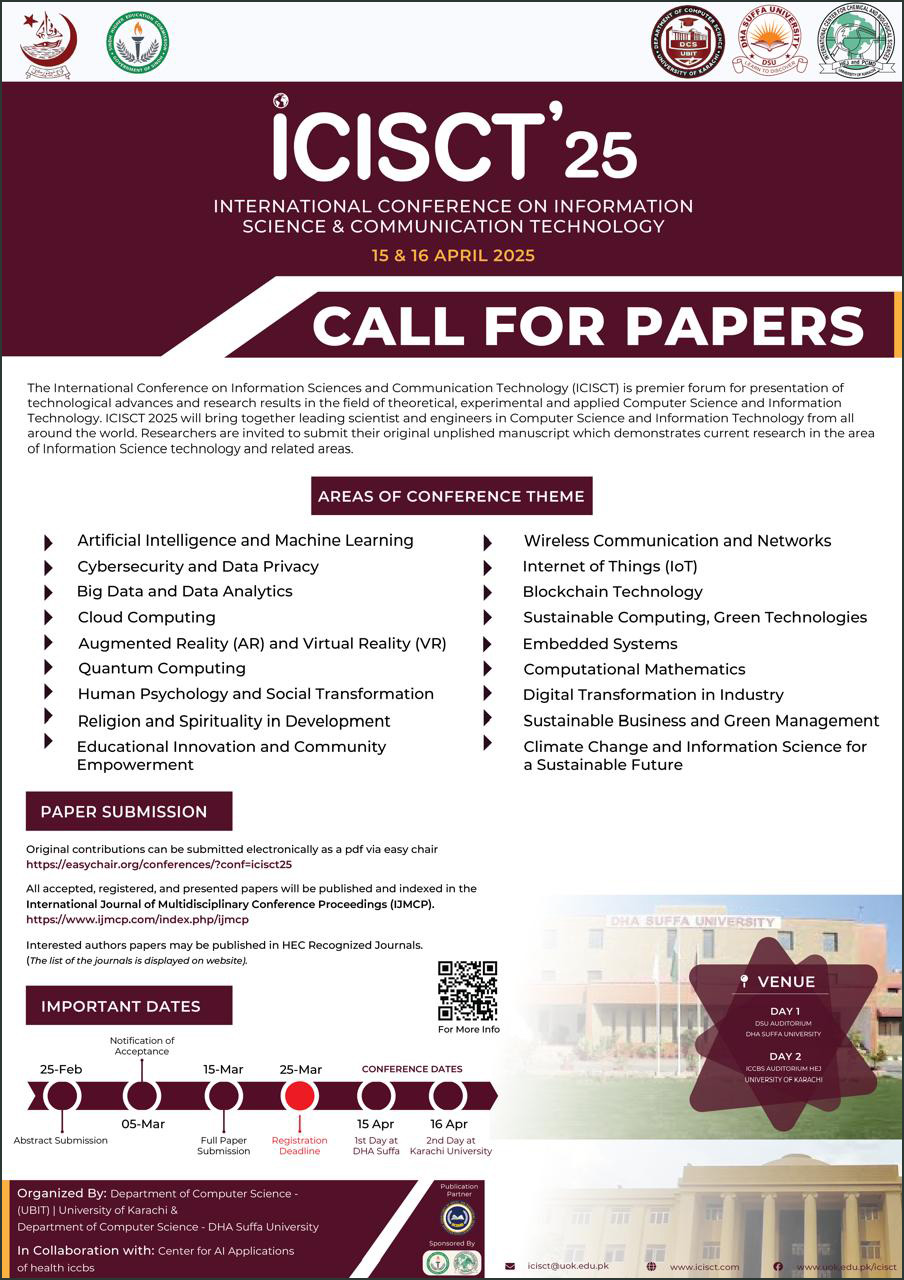Political Polarization and Voting Behavior in Pakistan: Evidence from the Systematic Review of Literature
DOI:
https://doi.org/10.61503/cissmp.v3i3.235Keywords:
Vote Buying, Election Violence, Social Media Influence, Public OpinionAbstract
Political polarization and voting behavior in Pakistan are influenced by various factors, including historical, cultural, and socio-economic aspects. Pakistan is a diverse country with multiple ethnic, linguistic, and regional identities, which often shape political violations and voting patterns. While it is challenging to provide an exhaustive analysis of the subject. Pakistan has a multi-party system with numerous political parties representing various ideologies and interests. The two major political parties are the Pakistan Tehreek-e-Insaf (PTI) and the Pakistan Muslim League-Nawaz (PML-N). These parties, along with others like the Pakistan People's Party (PPP), have strong support bases and often polarize voters along ideological lines. Pakistan is an Islamic country, and religious identity plays a significant role in political polarization. Some political parties draw support from religiously motivated voters, either through their Islamic ideology or by appealing to specific sects within Islam. Religious polarization can impact voting behavior, during elections. In this regard current study was carried out by using systematic methodology. The 100 articles were downloaded from Google Scholar, J. Store, Web of Science, and Scopus and after evaluation 30 articles were finalized. However, it's created a strong relationship that exists between social media and politicians' options shaping dialogue. By changing traditional voting methods, the voting turnout can be increased.
Downloads
Downloads
Published
Issue
Section
License
Copyright (c) 2024 Abdullah Haroon, Imran Ibrahim , Muhammad Hassan Babar

This work is licensed under a Creative Commons Attribution-NonCommercial 4.0 International License.
Contemporary Issues in Social Sciences and Management Practices (CISSMP) licenses published works under a Creative Commons Attribution-NonCommercial (CC BY-NC) 4.0 license.









